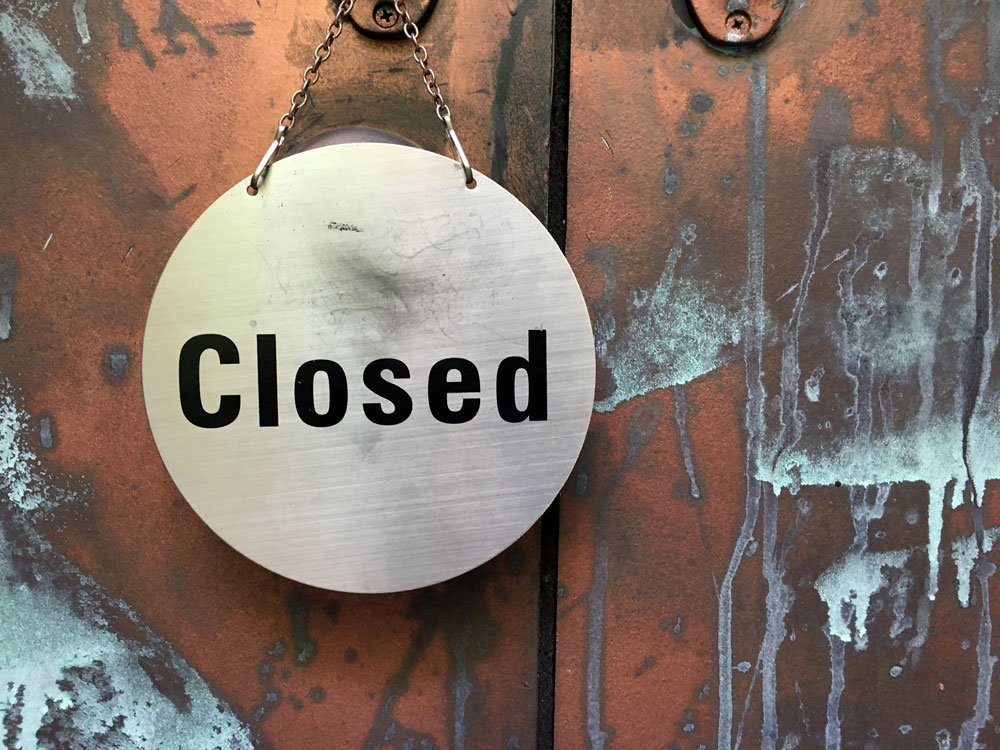
May 25, 2020; Washington Post
On Monday, the Washington Post reported a precipitous 40 percent drop in the number of working African American business owners in the United States, contrasted against a 22 percent drop in active business owners overall between February to April.
Sadly, these numbers are no surprise. Indeed, last month in NPQ, Joe Neri, who leads IFF, a community development financial institution (CDFI), outlined the dynamic at work, as well as the long-term stakes:
Those able to defy the odds and stay alive despite these systemic barriers often did so at the fringes and while operating on slim margins. Now, faced with the pandemic’s titanic challenge, they are asking the government for the assistance they were promised. And being denied again.
These businesses will not be turned down because of race—that’s illegal. They will be turned down because they don’t have existing relationships, which they don’t have because of the persistent racial wealth and income gaps resulting from decades of racial inequalities.
And the result will be that these established, Black-owned businesses will be destroyed.
Fast forward to five years from now. New Black-owned businesses will emerge, and they will apply for loans. Banks will turn them down, saying those new businesses are too new, too small, and don’t have enough wealth. Will we remember that the more established businesses were wiped out in the last (this current) crisis?
The study’s findings, drawn from federal employment surveys, confirm that what Neri said was happening is happening. They are, in fact, just one more data point in the disproportionate effect the pandemic has had on Black and Latinx members of our community. On top of that, the number of immigrant business owners declined by 36 percent.
Sign up for our free newsletters
Subscribe to NPQ's newsletters to have our top stories delivered directly to your inbox.
By signing up, you agree to our privacy policy and terms of use, and to receive messages from NPQ and our partners.
Robert Fairlie, an economics professor at the University of California at Santa Cruz, calls the new findings “devastating,” pointing out that the disparities in business ownership were already deep.
“African Americans have the lowest business-ownership rate in the population,” Fairlie says. “And so here we’re creating a situation of closures that’s hitting the groups with the lowest rates even harder.”
As of April, the country lost nearly 450,000 active African American business owners as the pandemic intensified, he found. But the disparities extended into every minority group. The number of working [Latinx] business owners dropped 32 percent from February to April, while the number of Asian business owners decreased by about a quarter.
As NPQ reported in April, the Center for Responsible Lending warned then that the Paycheck Protection Program as structured was likely to put business owners of color at a disadvantage. But it was not until recently that the Treasury Department announced it was working with the US Small Business Administration to prioritize businesses owned by people of color and the lenders that work with them.
“God forbid there’s another round of stimulus and we’re still doing the same thing,” said Eda Henries, the chief financial officer of a soul-food company who has organized fellow black professionals to help small businesses navigate aid programs during the pandemic.
“All recessions exacerbate existing inequalities by race and ethnicity—and always hit black and [Latinx] workers harder—but this one will be worse,” Heidi Shierholz, policy director at the Economic Policy Institute, told The Washington Post at the time. “It will be an absolute nightmare.”
—Ruth McCambridge













